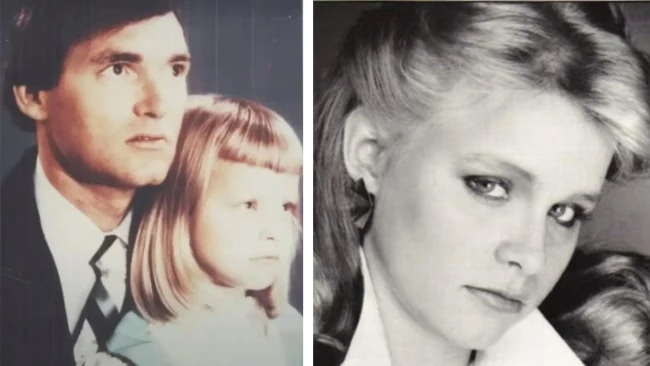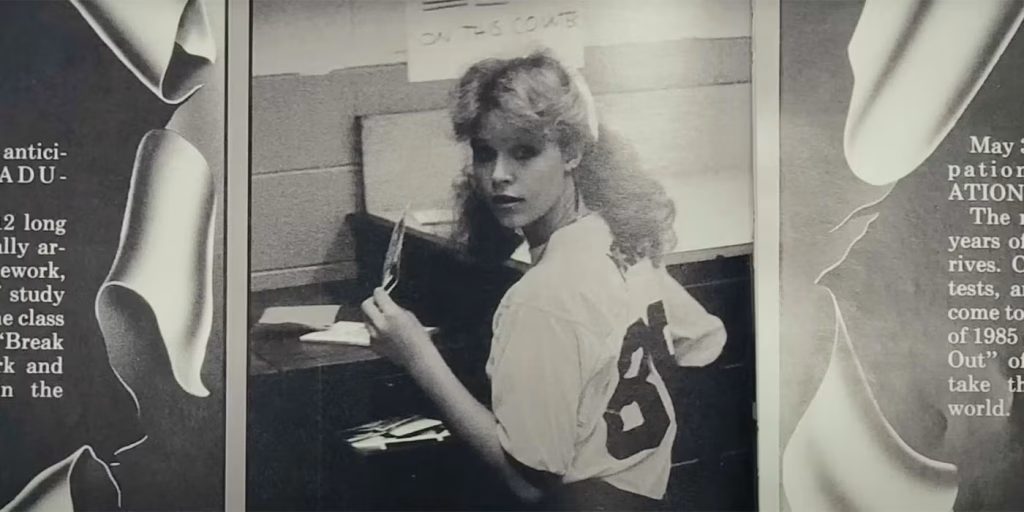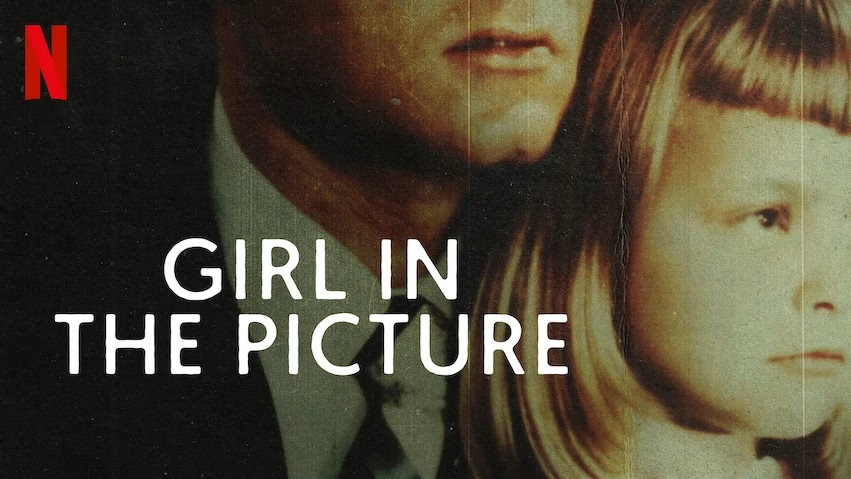Show Review: The Girl in the Picture (Netflix)

Genre: True Crime Documentary
Trigger Warning: Abuse, kidnapping, grooming, sexual assault, murder
Spoiler Alert: This review contains major plot revelations about the Netflix documentary The Girl in the Picture. Proceed with caution if you haven’t seen it yet.
A Body, A Boy, and a Lie That Unraveled Everything
The Girl in the Picture opens with a haunting scene: a young woman’s body is found by the side of the road in Oklahoma City in 1990. She’s been left for dead. Days later, she passes away in the hospital. Beside her, a man claims to be her husband, and a toddler—her son—is caught in the middle.
But the story is far darker than anyone imagined.
Authorities quickly realize that the woman, known as Tonya Hughes, didn’t exist. Her name was fake. Her identity was a mystery. And the man claiming to be her husband? He had a long, disturbing history—one that included kidnapping, abuse, and murder.
As investigators dig deeper, a horrifying truth begins to unfold.

The Real Identity: A Girl Stolen
Tonya Hughes was actually Suzanne Marie Sevakis, a bright young girl kidnapped at age 6 by a man named Franklin Floyd, after her mother was jailed briefly for a minor offense. Floyd took Suzanne—and vanished.
Over the next two decades, Floyd raised Suzanne as his daughter, only to later force her into a sexual relationship and eventually marry her under a false identity. He made her work as a stripper to fund their life, all while continuing to control and abuse her. She lived in constant fear, with no safe way out.
It was only after her death that the truth slowly emerged—piece by piece.

A Twisted Web of Control and Trauma
What makes The Girl in the Picture so disturbing isn’t just the crime itself—it’s the length and depth of the abuse, and how many people failed to protect Suzanne.
Her death was preventable. The warning signs were there. She told people she was scared of her “father.” She tried to get away. And yet, every time, Franklin Floyd found a way to pull her back in—using manipulation, threats, and sheer force.
One of the most emotionally difficult parts of the documentary is learning that Suzanne’s mother had chances to intervene, but didn’t do enough. Whether out of fear, manipulation, or negligence, the result was the same: Suzanne was alone.

The Documentary Itself
Directed by Skye Borgman (also known for Abducted in Plain Sight), The Girl in the Picture is a masterclass in investigative storytelling. It unfolds like a psychological thriller, but it’s tragically real. Every new piece of the puzzle is devastating.
The interviews—especially with friends, former coworkers, and investigators—are deeply emotional. You can feel their sorrow and guilt. They loved her. They knew something was wrong. But no one realized how bad it really was until it was too late.
Final Thoughts on the Girl in the Picture
The Girl in the Picture is a powerful but painful watch. It’s not sensationalized or exploitative, but it doesn’t shy away from the darkness either. What makes it so harrowing is that Suzanne was never really given a chance at life. She was stolen as a child, and no one came to rescue her.
This is not an easy documentary to watch—but it’s an important one. It forces viewers to confront the horrors of abuse, manipulation, and the failure of systems meant to protect the vulnerable.
It’s a story of stolen identity, stolen innocence, and stolen years. And yet, by telling her story now, The Girl in the Picture gives Suzanne back her name, her truth, and—finally—her voice.
Verdict:
4.5/5 stars
Gripping storytelling
Respectfully handled
Deeply emotional
Difficult subject matter










